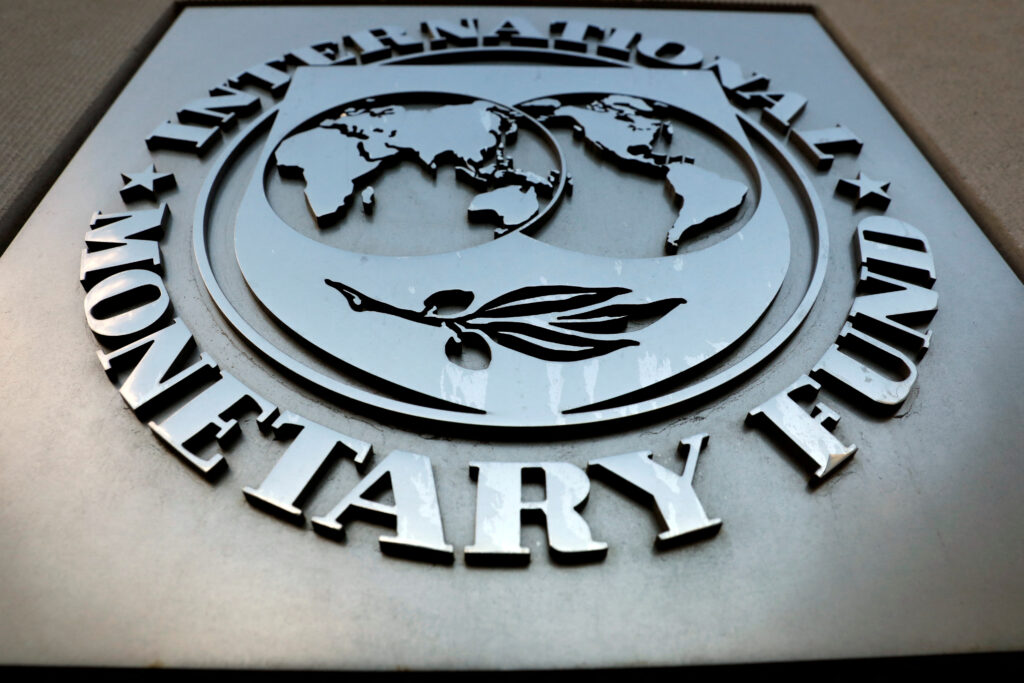
Set to draw down a further US$62.5 million

Durrant Pate/Contributor
Suriname has successfully completed its 7th review under its 36-month Extended Fund Facility (EFF) programme with the International Monetary Fund (IMF).
All quantitative targets for the 7th review were met except the primary balance target but the IMF mission team acknowledges that the Surinamese authorities are taking corrective actions to meet the end-year primary balance target. They observed that the structural reforms are progressing with a stronger impetus.
Upon completion of this review by the IMF’s executive board, Suriname will have access to about US$ 62.5 million, bringing total programme disbursements to date to US$451.2 million. At the conclusion of the mission, IMF Mission Team Director Anastasia Guscina says that “the authorities’ commitment to maintain prudent macroeconomic policies and difficult reforms are showing results in terms of macroeconomic stability and investor confidence.”
Economic growth to reach 3%
The review showed that economic growth is projected to reach 3 per cent while inflation is on a steady downward trend, as donor support is increasing, investor confidence is returning, and international reserves are increasing. However, the authorities face important near-term risks, including capacity constraints and policy implementation challenges reflecting the increasingly difficult socio-political environment.
Over the medium to long term, there is potential for growth to accelerate owing to the development of large new oil fields. The final investment decision is expected by the end of the year with production scheduled to begin in 2028.
According to the IMF team, “the authorities remain committed to achieving the 2024 fiscal target. Fiscal performance in the first half of the year was weak, reflecting underperformance of non-tax revenues and overspending on electricity subsidies due to the low water level of the hydro dam and the electricity company not remitting to the budget resources from the recent tariff increases. To correct the fiscal underperformance, the electricity company will return the resources from the tariff increases to the state budget and will now remit directly to the state budget each month resources arising from the increases in electricity tariffs to help finance the social programme.”
Also, the authorities are implementing more stringent measures to strengthen revenue collection, including through improved compliance by imposing penalties and interest for late filing and payment of taxes. The IMF points to the importance of speedily removing unregistered civil servants from the public payroll to create fiscal space for salary increases for those civil servants who are working hard.
“Protecting the poor and vulnerable remains a priority. The government met the indicative target on social spending for both end-March and end-June 2024. Stronger efforts are needed to address the challenges in the execution of the social beneficiary programme to ensure the benefits reach the intended beneficiaries, including in the country’s interior regions,” Guscina wrote in her report to the IMF Executive Board.
Significant progress in debt restructuring
She notes that the recently completed strategic plan to enhance the effectiveness of social protection with the support of development partners is expected to guide further reforms in this area highlighting the excellent progress being made with debt restructuring. Negotiations with the Paris Club for the second phase of debt treatment are scheduled for the end of September and discussions with the remaining small group of private external creditors are ongoing.
Suriname’s debts have fallen to historical lows marking a significant uptick in investor confidence. Domestic debts to the central bank and commercial banks have been restructured and all outstanding domestic debt arrears except disputed ones have been cleared.
The authorities are strengthening commitment controls to prevent accumulation of supplier arrears. In the meantime, the implementation of a restrictive monetary policy stance has been instrumental in reducing inflation. However, the limited activity in the interbank market is leading some banks to maintain large precautionary buffers, which hampers the transmission of monetary policy to short-term interest rates.
The IMF team urges the central bank of Suriname (CBvS) to continue monitoring monetary developments and to continue diligently implementing open market operations to maintain the reserve money path consistent with the programme targets.
The CBvS, they say, remains committed to a flexible, market-determined exchange rate and is working to improve the functioning of the foreign exchange market, including through the launching of an electronic foreign exchange trading platform.







Comments